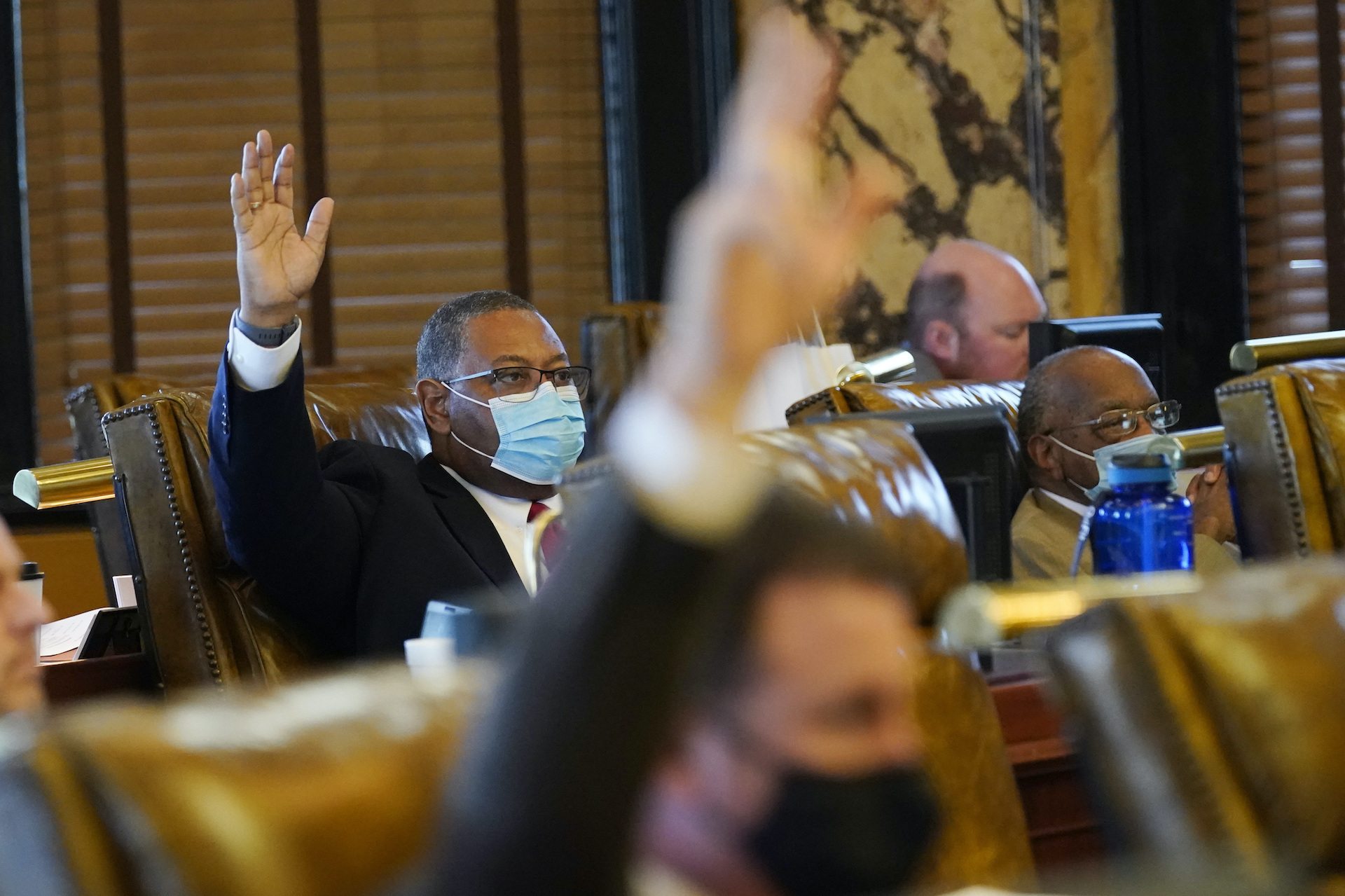Recent reforms improve Mississippi’s grade on parole laws

Mississippi’s grade on parole laws improved after legislative action this past session.
Grading Justice gives Mississippi a grade of “C” for its policies related to parole and earned time provisions for those in state. Although this is not an ideal score for the state, a bill passed by lawmakers in 2021 moved the state from a “D” to a “C.” SB 2791, which was passed by the legislature and signed into law earlier this year, expands Mississippi’s parole laws to allow for evidence-based decisions in the process.
What was reviewed?
When grading the state’s laws around parole and earned time provisions, Grading Justice examines four policies:
- Does the state establish broad parole eligibility for most incarcerated individuals?
- Are good behavior incentives in place to encourage safety and order within correctional facilities?
- Does the parole grant rate reflect appropriate consideration of individual cases and full utilization of the parole process?
- Do compassionate release provisions allow individuals nearing end of life to serve the remainder of their sentence at home or in a medical facility?
Recent reforms expanded parole eligibility in Mississippi to include some violent offenses most nonviolent offenses, except for those serving a habitual sentence. While these reforms improved the state’s score, there’s more work to be done in the area.
Earned time is available for some crimes of violence, but other offense types are excluded for arbitrary reasons that do not correlate with risks associated with offense types. These exclusions are problematic from a public safety perspective because they deny incentives to those convicted of serious offenses.
The report finds that Mississippi’s parole grant rate is stable and reflects a reasonable consideration of cases for parole, although this is partially due to the limited nature of offense types currently eligible for parole For those who are eligible for parole, the system appears to function relatively well, with a grant rate of around 70% in 2020. The lack of reentry housing for individuals in Mississippi requires many individuals to remain incarcerated even after they have been granted parole because they have nowhere to go.
Mississippi’s compassionate release laws are extremely limited, applying to almost no one who isn’t otherwise eligible for parole already.
Overall, Mississippi received a “D” in Grading Justice, pointing to the need for further criminal justice reforms in other areas.
Grading Justice, a project of Empower Mississippi, scores criminal justice reforms in the Magnolia State by examining 15 policies across the justice system, from pretrial to sentencing and reentry.
Read the full report
The full report is available at GradingJustice.org.